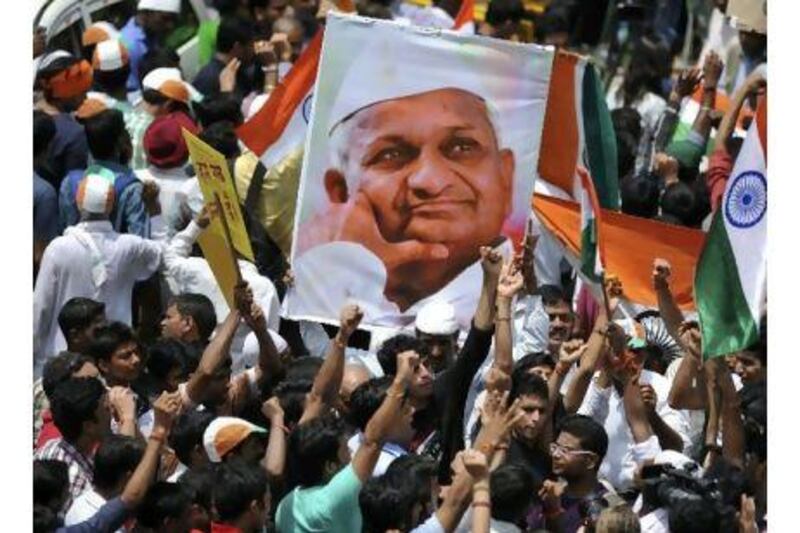In regard to Service fees name and shame campaign "illegal" (August 17), posting such lists is effective at correcting incorrect action.
This is evident from the increase in payments after the lists were posted. In the same way, an internet list of people who don't obey the traffic and parking laws would likely be effective. However, under the law, both are illegal. The same authority that made the website shut down must act in this case to have these lists removed. The other option is to change the defamation laws
Donald Glass, Dubai
One owner commented in the article that the "name and shame" list did not list any names but only the numbers of the flats which had delinquent payments.
This resulted in tenants (obviously concerned) getting in touch with owners, which then led to payments being made. Would any legal experts please comment on whether or not this practice avoids running afoul of the libel law?
Bruce Dauphin, Dubai
Donate to needy, not stall owners
I refer to the front page article From Dubai recycling bin to African market stall (August 18).
As an expatriate in Dubai for three years now and as a human being full of empathy, reflection and compassion, I do donate and force my friends and relatives to also donate unused clothes, furniture and food to charity firms.
It is heartbreaking to read that humanitarian spending and aid to Africa have been diverted.
From now, I will donate unused goods only to those - RCA, Dubai Land Department and Take My Junk UAE - listed in The National.
Ms Gaye, Dubai
I was dismayed to read that our donations are actually hurting the local clothing industry in Nairobi Kenya where our clothes are being re-sold on market stores.
The information given to us on the bins is creatively misleading, the green circling arrows and mentions of recycling, but certainly no recycling here. I even have a bag of clothes in the back of my car that I was going to drop in the bin in Souq Al Bahar. Not now. Instead I will donate them to one of the groups you identified who distribute our unwanted clothes free without profit.
Terrence Bramble, Dubai
India must stamp out corruption
As an Indian citizen, I urge the government to heed the voice of the people of India and make a real bid to stamp out corruption (Indians rally to support anti-corruption activist, August 18).
The widespread support for Anna Hazare in large and small towns clearly shows that people are frustrated with having to pay bribes to get anything done.
The protests could lead to widespread disturbances, hence the government must act quickly.
Rajendra K Aneja, Dubai
Best Ramadan gift for freed debtors
The article Anonymous benefactor pays Dh1m to free at least 20 prisoners (August 18) is really one of the greatest news stories I have read during Ramadan.
For all the people who are helpless in debtors prisons across the UAE, this is a time when they can believe and have faith that good people from all across the nation will find it in their hearts to try to help them out at the most unexpected of times.
I lend my hand and my heart in true appreciation to the Emirati who has been so generous in giving these people a rare opportunity and helping them to get back on track with their lives and their freedom.
I thank this gentleman and would like to remind the world of a quote by Subroto Bagchi in his book Go Kiss the World. It reads: "Most men take more out of life than they give to it. A few give more to life than they take out of it. The world runs because of such men."
Vasanth G Benjamin, Dubai
English education system criticised
In 1970 the Brazilian educator Paulo Freire published his book Pedagogy of the Oppressed. It introduced expressions such as "humanising pedagogy" and the "banking model" of education which made a profound and lasting impression on my own training.
In the 22 years since the National Curriculum was implemented in England we have seen a dehumanising curriculum based on the coverage and banking of facts and accounting for those facts through increasingly minimum competency examinations.
Freire's humanistic principles for an enlightened education system have been submerged by a "one size fits all" government issue pedagogy; speeded and basic training for teachers (the lauding of the insidious Teach First scheme) and the model of pupil as a producer of performance data rather than an individual with a big stake in his or her own learning.
Bill Boyle, UK





